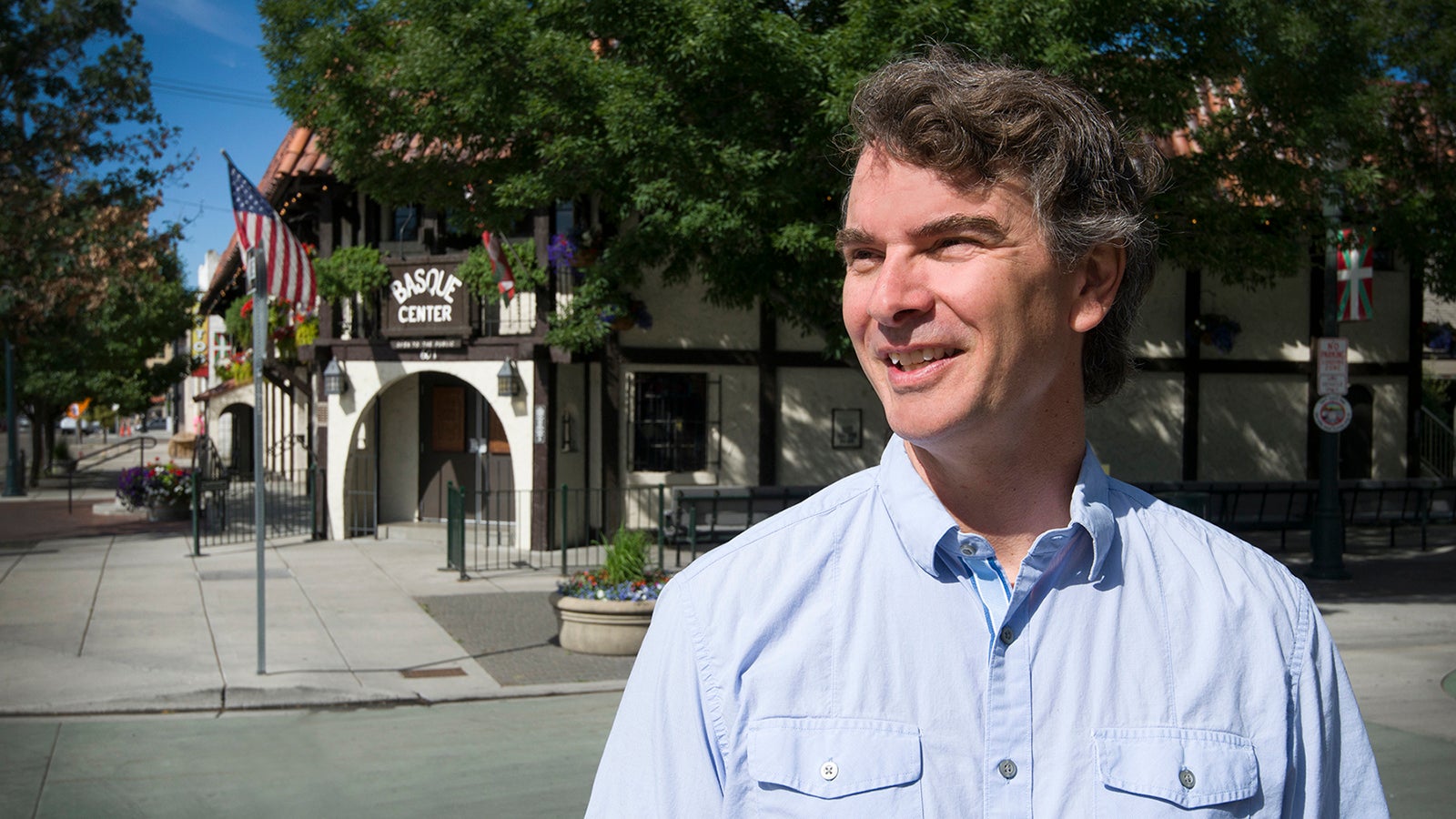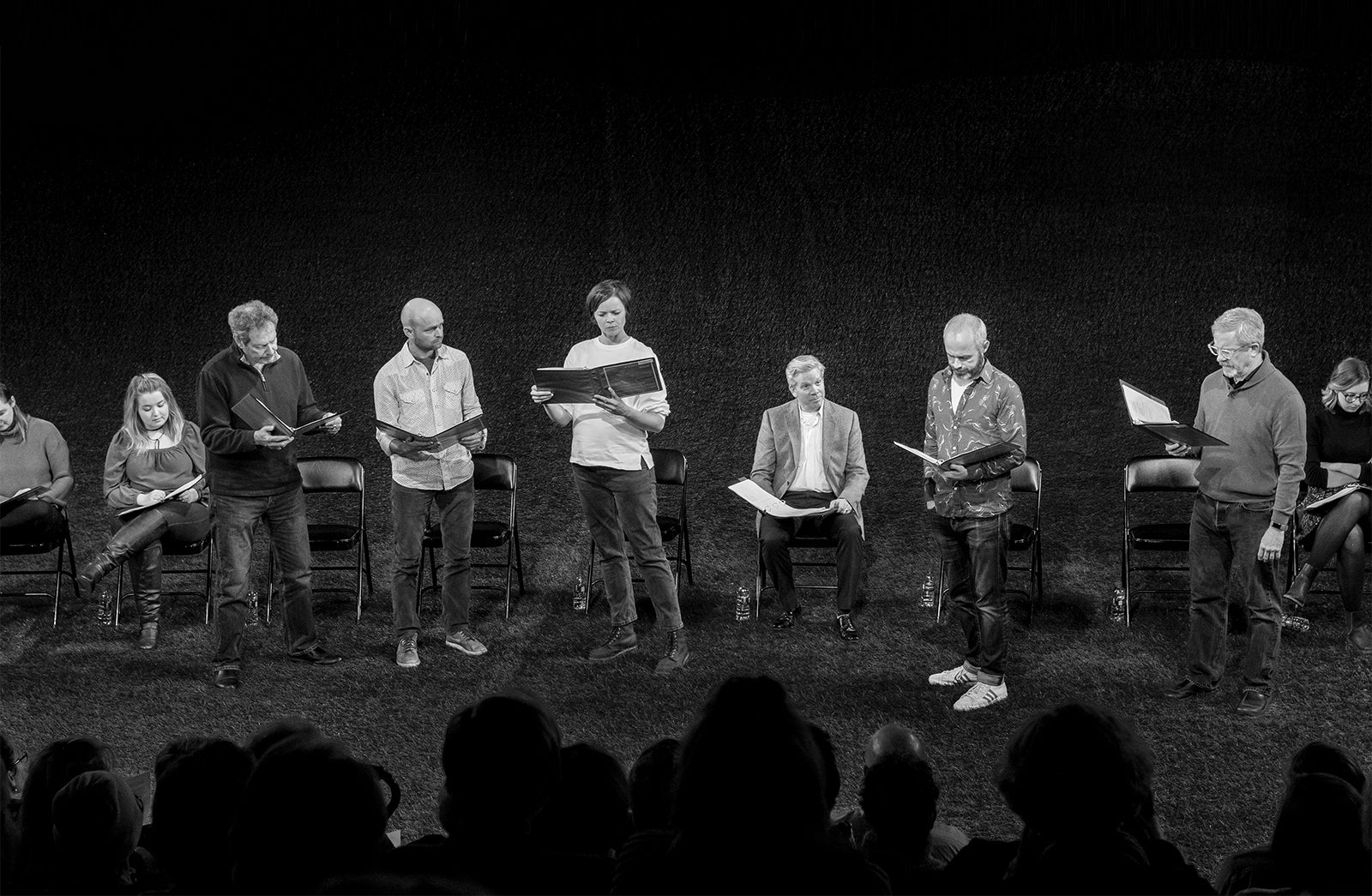The play “Comedia famosa de la monja alférez” (“The Famous Comedy of the Lieutenant Nun”), written by Juan Pérez de Montalbán in 1625, tells the true story of a Basque woman, Catalina de Erauso. Her story is remarkably modern considering its vintage. The play is based on de Erauso’s fantastical autobiography, “Memoir of a Basque Lieutenant Nun Transvestite in the New World,” one of the earliest known memoirs written by a woman.
Catalina de Erauso escaped a nunnery, began dressing as a man, jumped aboard a ship with conquistadors, and fought in wars in Chile and Peru for 17 years. When she returned to Spain, King Felipe IV granted her a military pension and permission to continue dressing as she pleased. She traveled to Rome where Pope Urban VIII granted her a papal dispensation that let her live as a transgender person.
Mac Test, a professor and chair of Boise State’s Department of English, translated the 400-year-old play from Spanish into English for the first time in 2018 with a co-translator, Marta Albalá Peregrin. In fall 2019, he staged its first live reading in Boise with the help of local and visiting actors, and members of the Boise State faculty.
The translation project was a natural fit for him. His specialty is the interaction between Europe and the New World in the 1600s (his book, “Sacred Seeds: New World Plants in Early Modern English Literature,” was nominated for the Renaissance Society of America Gordon Book Prize in 2019).
“The story is so timely because of the transgender questions in society today,” said Test.

“Living in Boise and knowing about the Basque cultural heritage in Idaho definitely influenced my choice of electing to teach the memoir of Catalina de Erauso. It brought things around full circle from Spain to America to Idaho to Spain.” Mac Test, professor and chair of Boise State’s Department of English
Test taught de Erauso’s memoir as part of his 2016 class, Entangled Encounters: 1500-1700, that focused on the literature of the interaction between Europeans and the New World. Matthew Hansen, a professor in the English department and Shakespearean scholar, sat in on the class. He found the memoir fascinating and found the untranslated version of the play that it inspired.
“I knew Mac’s expertise and knew this would be a great project,” said Hansen. “I’m such a fan of this story. The ideas that made Catalina de Erauso fascinating in her own time make her fascinating now.”
Test took the first draft of his translation to the University of California Los Angeles and refined the text with colleagues through Diversifying the Classics, a project to build awareness of Spanish Renaissance drama. While there, Test learned that a new edition of the play had been found in Europe, with added passages and word changes. A typical example: “temor,” mean- ing fear, changing to “amor,” meaning love.
Test spent the summer working on an updated scholarly translation of the play based on the newly uncovered edition. The discovery of the new edition slowed the translation process as Test waited for the European editor to send acts – one by one.
“The only hard part was the waiting, but it was worth it in the end,” said Test.

